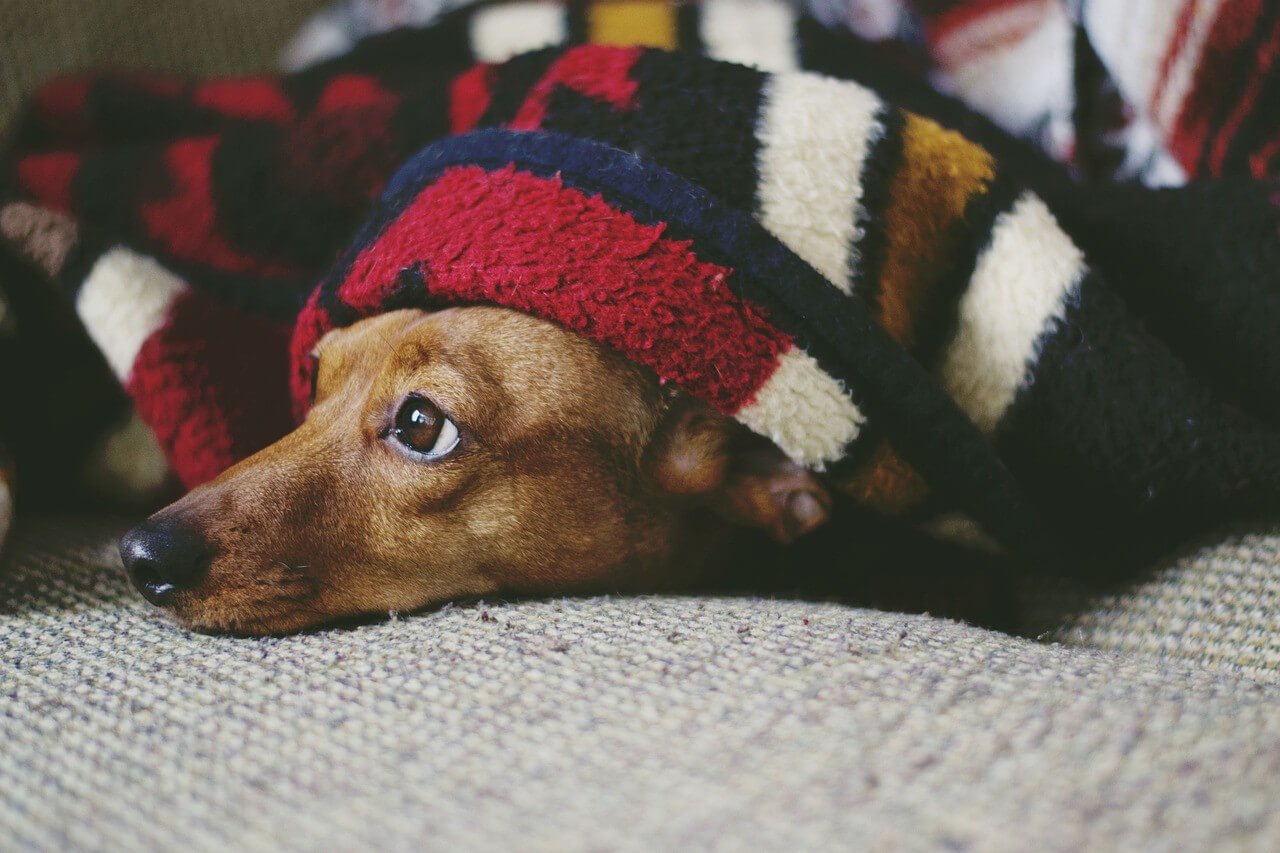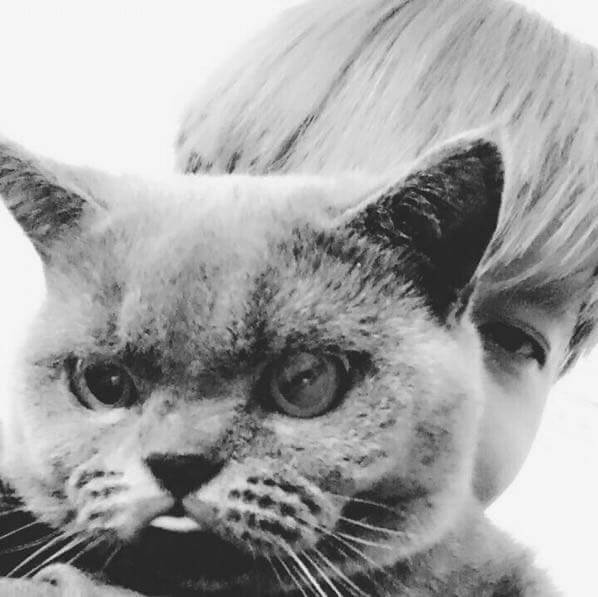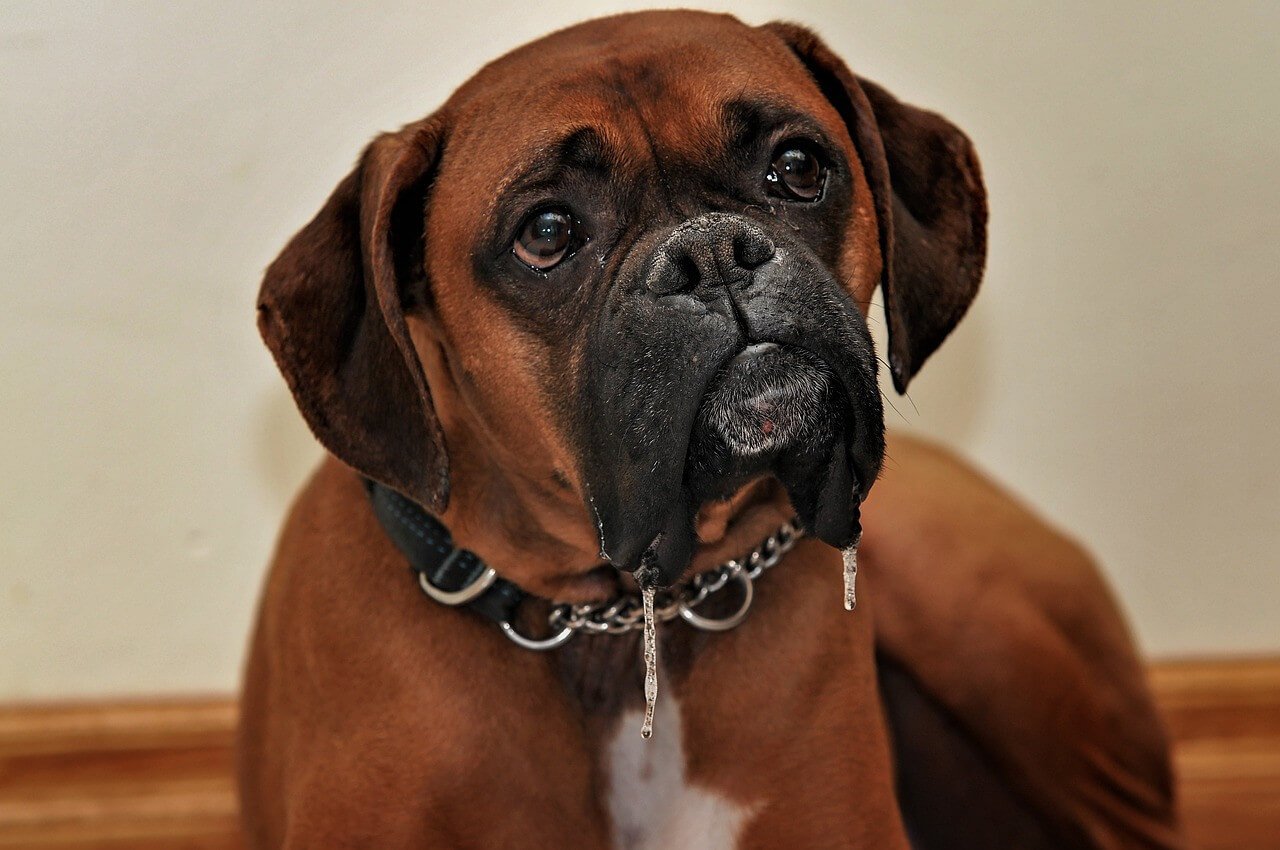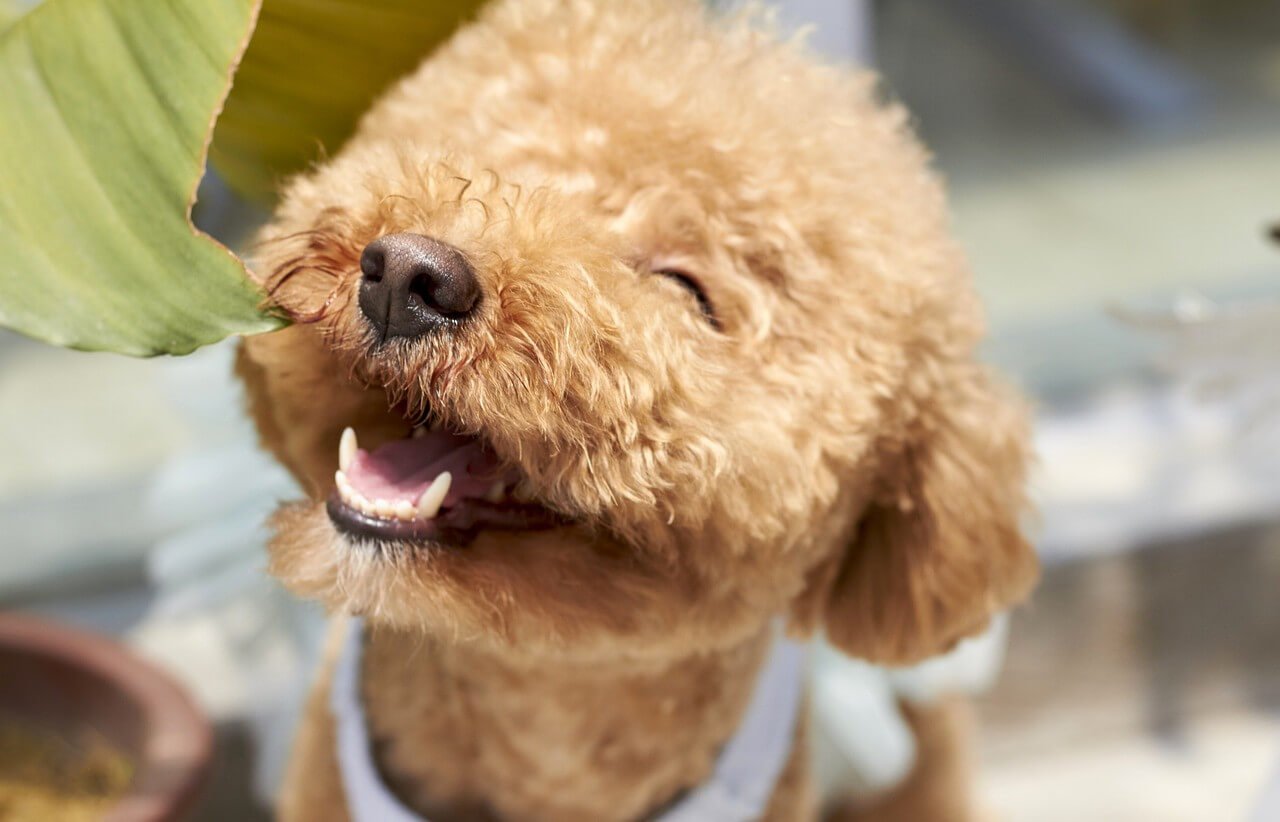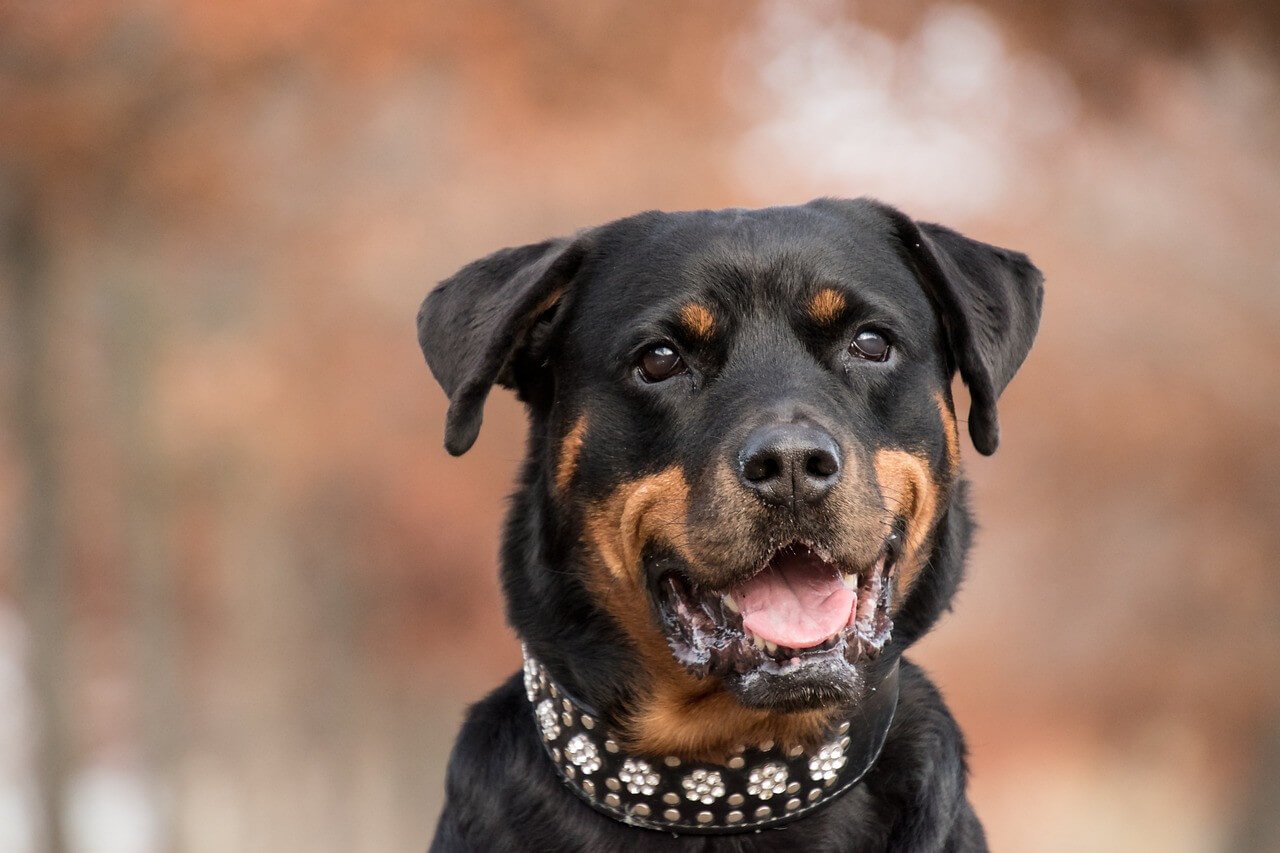The Dachshund, affectionately known as the “wiener dog” or “sausage dog,” is a small but mighty breed that has won hearts around the world. These family dogs are known for their affectionate nature, quirky personalities, and versatile roles as both hunting dogs and beloved companions. Whether you're considering adding a Miniature Dachshund to your family or are simply fascinated by this unique dog breed, this guide covers everything from dachshund temperament to health tips.
Origins and History of the Dachshund Dog
The Dachshund was originally bred in Germany to hunt badgers, hence the name “badger dog” or “Dachshund” in German. These fearless hunters were designed with short legs and long bodies to dig into badger burrows. Over time, their fierce hunting skills made them popular in many dog-loving households across Europe, even winning the favor of royalty like Queen Victoria.
Although they were once fearsome badger hunters, today’s Dachshunds have become beloved family pets, known for their charming personalities and unwavering loyalty. They come in two sizes, Standard and Miniature, which makes them suitable for families seeking small dog breeds or medium-sized pets.
Dachshund Physical Characteristics
Dachshunds stand out with their unique shape, which is both practical for their hunting dog past and adorable for modern-day pet owners. There are three main coat types for Dachshunds: Smooth-Coated Dachshunds, Longhaired Dachshunds, and Wirehaired Dachshunds. Each type has its own grooming requirements and appeal:
Smooth-Coated Dachshunds: Sleek and easy to groom, these dogs are a great option for busy pet parents.
Longhaired Dachshunds: Their luxurious coats give them a regal appearance but require more grooming.
Wirehaired Dachshunds: With their rugged, teddy-bear-like appearance, these dogs need regular maintenance but are beloved for their playful charm.
In addition to their coat types, Dachshunds come in a variety of colors and patterns, including the popular double dapple Dachshunds. Their distinctive short legs and long bodies not only add to their charm but also help them in their digging endeavors, a trait that links back to their history as badger hunters.
Dachshund Size and Types
Dachshunds come in various sizes and coat types, each offering its own special charm. The three primary sizes are Standard, Miniature, and Tweenie. Standard Dachshunds, the largest of the breed, typically weigh between 16 to 32 pounds and stand 8 to 9 inches tall at the shoulder, making them ideal for families seeking a slightly larger companion. Miniature Dachshunds weigh less than 11 pounds and stand about 5 to 6 inches tall, perfect for apartment dwellers or those who love compact dog breeds. For those who prefer something in between, Tweenie Dachshunds, weighing around 11 to 16 pounds, strike a balance between the Standard and Miniature varieties. In addition to their size differences, Dachshunds also have three distinct coat types. Smooth-coated Dachshunds feature short, low-maintenance fur, ideal for busy owners. Longhaired Dachshunds boast luxurious coats that require regular grooming to prevent tangles, giving them a standout appearance. Finally, Wirehaired Dachshunds are loved for their unique, rugged look, but their wiry coats require consistent grooming to maintain their charm. Each type brings its own personality and grooming needs, making Dachshunds a versatile breed that can fit a variety of lifestyles.
Dachshund Temperament and Personality
One of the most notable features of a Dachshund is their bold, affectionate nature. Despite their small size, these companion animals have a big personality. They are known to be vocal dogs, often alerting their families to any potential intruders with their strong bark. Dachshunds are incredibly loyal to their families and can be very protective, displaying what some might call “small dog syndrome” by acting bigger and braver than they are.
While Dachshunds are generally good with children and other pets, early socialization is key to ensuring they get along well with other dogs and animals. Their intelligent, independent nature can make them a little stubborn at times, but with consistent training and positive reinforcement, they can be obedient and eager to please.
Common Health Issues in Dachshunds
Diet and Nutrition for Dachshund Puppies

Essential Accessories for Your Dachshund
You've got the basics down—from what to feed your Dachshund to understanding their unique health needs. Now let’s talk about those extra items that will make your life, and your Dachshund’s life, a whole lot easier and enjoyable.
Dog Bed
It's no secret that Dachshunds are prone to back issues. That's why investing in a high-quality dog bed designed to provide proper spinal support is so important. Look for beds that offer memory foam layers and an ergonomic design to keep that elongated back comfortable.
Cama para perros - Donut

$39.59 USD
$71.20 USD
DESMONTABLE Y LAVABLE A MÁQUINA Fácil de poner en la lavadora para su limpieza, tan sencillo como lavar una manga corta. Simplemente mételo en la lavadora para refrescarlo rápidamente de manera suave. IMPERMEABLE La cubierta impermeable incorporada envuelve… read more
Dog Carriers
While Dachshunds love to walk, sometimes it's just not feasible. Whether you're traveling or need to bring your pup to the vet, a well-designed dog car seat can reduce stress for you and your pup on the road, but choose one that's well-ventilated, comfortable, and secure. Or you can equip your dog with a car seat belt to keep him safe on the road.
Cama para asiento de coche para perros, Asiento de automóvil para perros - Primera clase
 Cama para asiento de coche para perros, Asiento de automóvil para perros - Primera clase
Cama para asiento de coche para perros, Asiento de automóvil para perros - Primera clase
